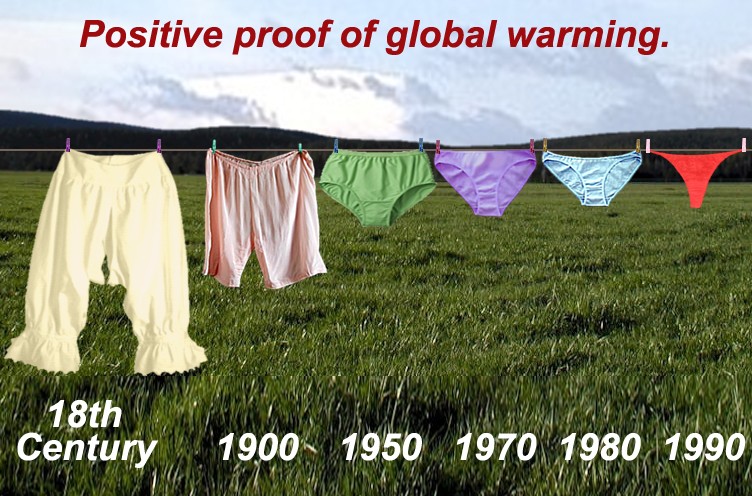del
Diamond Member
- Banned
- #41
at one point in time the consensus was that the sun revolved around the earth.
consensus wasn't science then and it isn't now.
That's the kind of lamebrained, dead ignorant twaddle that is so typical of you denier cultists.
We're talking about the current scientific consensus on anthropogenic global warming. 'Science' as we know it is a very recent phenomenon in human history. There was no organized 'science' as such to have a consensus back in time when the accepted religious belief was that the sun revolved around the Earth.
Moreover, nitwit, no one is claiming that "consensus is science". Science is science and it uses evidence and data to reach conclusions about the world around us. Once there is sufficient evidence to reach a conclusion and most of the scientists accept that conclusion as an accurate reflection of reality, then you have a scientific consensus. The consensus rests on the science, not the other way around.
Try to find a real argument and not these silly straw-men and maybe you won't look like such an idiot.
are you this stupid in real life?





